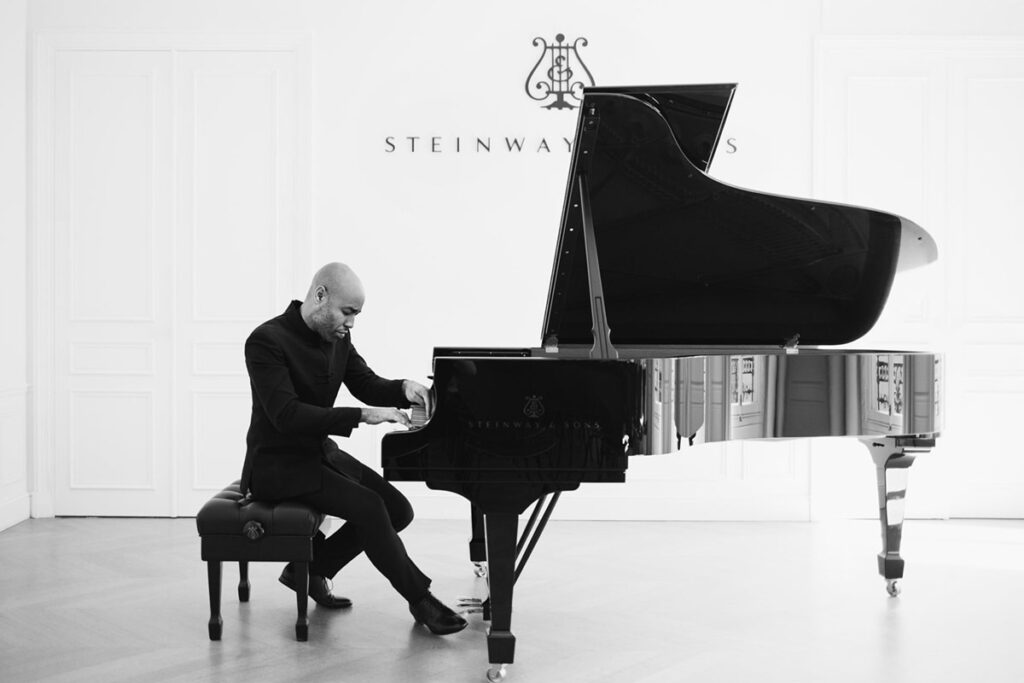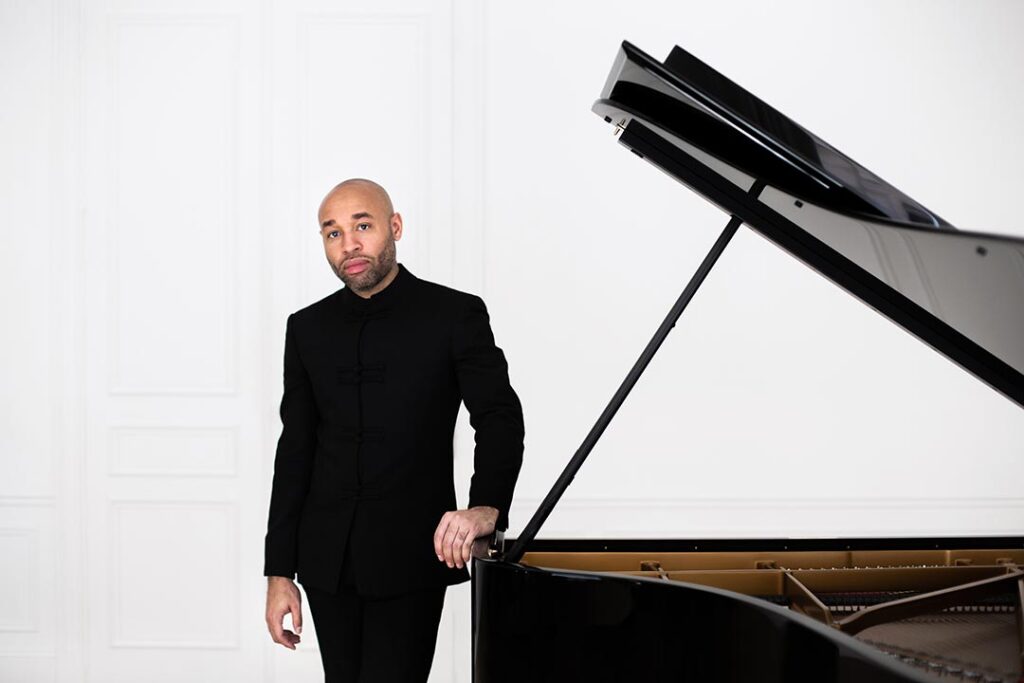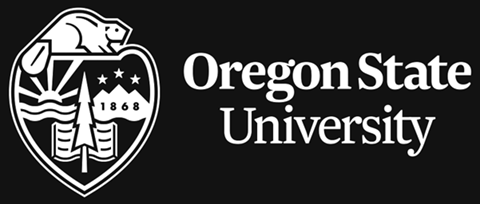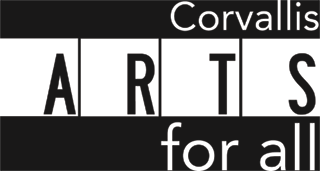Since his debut release on Mack Avenue Records in 2013, pianist-composer Aaron Diehl has mystified listeners with his layered artistry. He reaches into expansion. At once temporal and ethereal — deliberate in touch and texture — his expression transforms the piano into an orchestral vessel in the spirit of beloved predecessors Ahmad Jamal, Erroll Garner, Art Tatum and Jelly Roll Morton.
Following three critically-acclaimed leader albums, the American Pianist Association’s 2011 Cole Porter fellow now focuses his attention on what it means to be authentic, to be present within himself. His most recent release on Mack Avenue, The Vagabond, reveals his breadth as who The New York Times calls “a composer worth watching.” Across nine original tracks and works by Philip Glass and Sergei Prokofiev, Aaron leans into imagination and exploration. His forthcoming solo record, poised for release in spring 2021, promises an expansion of that search in a setting at once unbound and intimate.
Born in Columbus, Ohio, a young Aaron flourished among family members supportive of his artistic inclinations. His grandfather, piano and trombone player Arthur Baskerville, inspired him to pursue music and nurtured his talent. In 2003, Aaron traveled to New York; following his success as a finalist in Jazz at Lincoln Center’s 2002 Essentially Ellington competition and a subsequent European tour with Wynton Marsalis, he began studying under mentors Kenny Barron, Eric Reed and Oxana Yablonskaya, earning his Bachelor of Music in Jazz Studies at the Juilliard School.
At age 17, Diehl was a finalist in Jazz at Lincoln Center’s Essentially Ellington competition, where he was noticed by Wynton Marsalis. Soon after, Diehl was invited to tour Europe with the Wynton Marsalis Septet (Marsalis has famously referred to him as “The Real Diehl.”) That Fall he would matriculate to the Juilliard School, studying with jazz pianists Kenny Barron and Eric Reed and classical pianist Oxana Yablonskaya. Diehl came to wider recognition in 2011 as winner of the American Pianists Association’s Cole Porter Fellowship, which included $50,000 in career development and a recording contract with the esteemed Mack Avenue Records.
When he’s not at the studio or on the road, he’s likely in the air. A licensed pilot, Aaron holds commercial single- and multi-engine certificates.
Photo Credit: Maria Jarzyna





